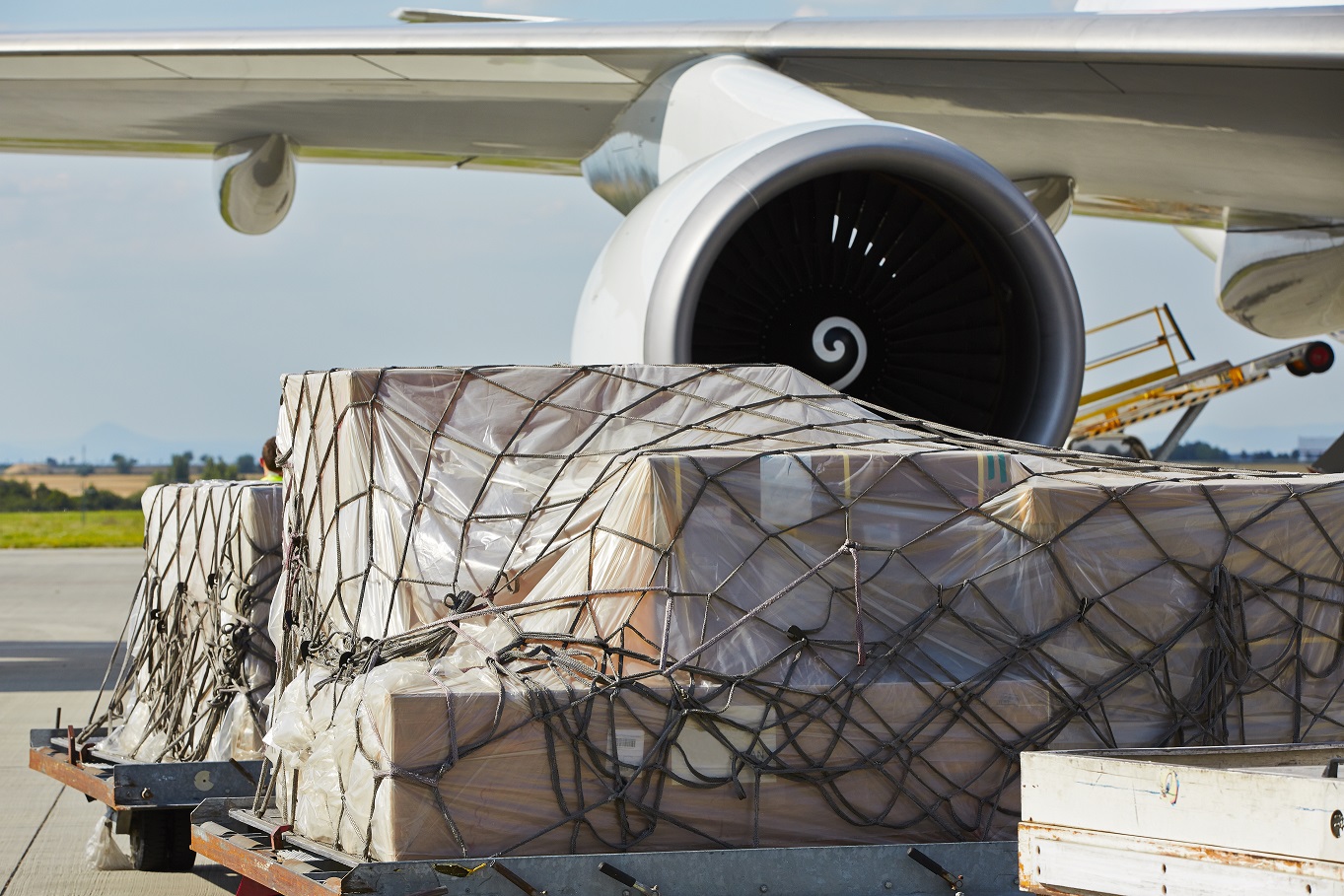DSV: Red Sea crisis having a limited impact on airfreight
05 / 02 / 2024

Copyright: Jaromir Chalabala/ Shutterstock
Customers are “buffering up” to combat the impact of the Red Sea crisis and have yet to resort to a major shift to air, according to DSV.
Speaking following the announcement of its full-year results, the forwarder’s new chief executive Jens Lund explained the steps customers are taking to mitigate the extra 14 days container shipping lines are taking to deliver goods to Europe as a result of attacks on ships in the Red Sea.
Primarily, they are shipping via the Cape of Good Hope and building in buffer stock in response to the elongated sailing times, Lund explained.
“Customers might be able to fix this issue just by buffering up, so that they will push more through, and have more in storage because they don’t get as frequent shipments,” he said.
“Other customers might have the demand to have a shorter lead time and here, of course, there is service where you could actually ship the cargo to Dammam and then cross Saudi Arabia and then put it on a vessel again.
“And then lastly, of course, there is always the opportunity, if you’re really in a hurry, to move to airfreight.”
He added: “I would say so far that we’ve seen limited impact on airfreight, we have seen some interest in relation to the volumes going across Saudi Arabi and then we see that most of the volume, goes via the Cape. And that’s also, from a financial point of view, the most efficient way.”
Lund said that customers were more used to disruption these days and therefore more open to constructive dialogue about the best way to manage the flow of cargo.
Analysts also asked DSV about its below market share volume performance in airfreight last year compared with its competitors.
Last week, the company reported a 16.3% decline in air cargo volumes for the year to 1.3m tonnes, which DSV admitted was below market performance.
Lund said that the performance was largely down to DSV’s lack of presence in the perishables market, one of the most improved verticals.
E-commerce may also have had an impact, he said.
“There could be another factor as well on the airfreight where we don’t have a significant exposure and that is e-commerce exports out of Asia Pacific,” said Lund.
“We don’t have very good intelligence on the market when it comes to this. I think statistics are slowly coming out and we will then have a better picture.”













